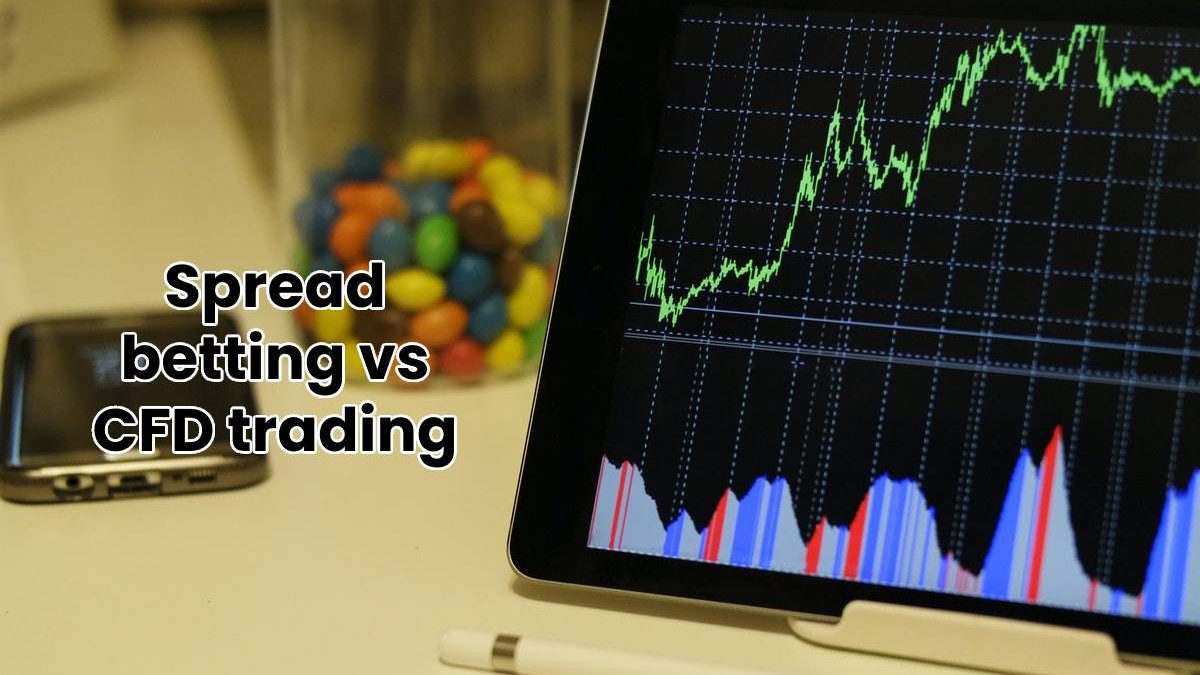Spread betting vs CFD trading
The public’s interest in investing and trading is growing, with a 2021 study revealing that nearly 1.8 million UK adults dabbled in the stock market for the first time during the pandemic. But with half losing money or only breaking even, understanding the intricacies of different investment instruments is an important step in achieving sustainable success.
Spread betting and CFDs are two options that share similar functions as well as key differences that it pays to be aware of. Having a working knowledge of these distinctions will allow you to identify which conditions lend themselves to either option, as well as helping you develop your personal trading style.
Below, read concise summaries of both instruments and discover the key differences that investors should be aware of.
What is spread betting?
The practice of spread betting involves placing speculative bets on the price movements of underlying instruments such as stocks, forex, commodities and more. You’re betting based on whether you think a given market will rise or fall from its standing at the time of placing your bet.
You align yourself with a company’s buy price if you think a market is set to go up, or the sell price if you predict a decline. Bets pay off per point of movement, with each point multiplying your win or loss.
What are CFDs?
CFDs, or contracts for difference, are derivative contracts taken up between investors and financial institutions that also track the value of an underlying asset. They’ve become increasingly popular, with search interest in ‘CFD trading’ up 193% between 2020 and 2019.
As a CFD trader, you’re making a prediction on the future value of said asset and whether it will increase or decrease from its starting point, with the pay off based on the difference in price.
Key differences between CFDs and spread betting
These two instruments are both highly leveraged trading options that can generate significant returns – or significant losses – from incremental market shifts. Using leveraged products allows you gain significant market exposure from relatively small deposits. Neither instrument involves owning the underlying asset either. However, fundamental nuances remain between the two.
Firstly, spread betting profits are tax-free, whereas CFD trading incurs capital gains tax, which can represent a significant difference for large traders. Spread betting is also free from commission or transaction fees, unlike CFD positions – though spreads offered in spread betting are often comparatively wider, requiring longer or shorter positions for the same returns.
Spread betting positions are settled at the end of the trading day meanwhile, with the trader granted the option of renewal, whereas CFDs can remain open as long as your budget allows.
Another important distinction is that spread betting takes place over the counter (OTC) through brokers, while CFD trades can be completed within the market directly. The direct route can afford greater simplicity and transparency.
Ultimately, there are advantages and risks to both trading strategies. Deciding which option is most suitable depends on your preferences and intuition as a trader.

